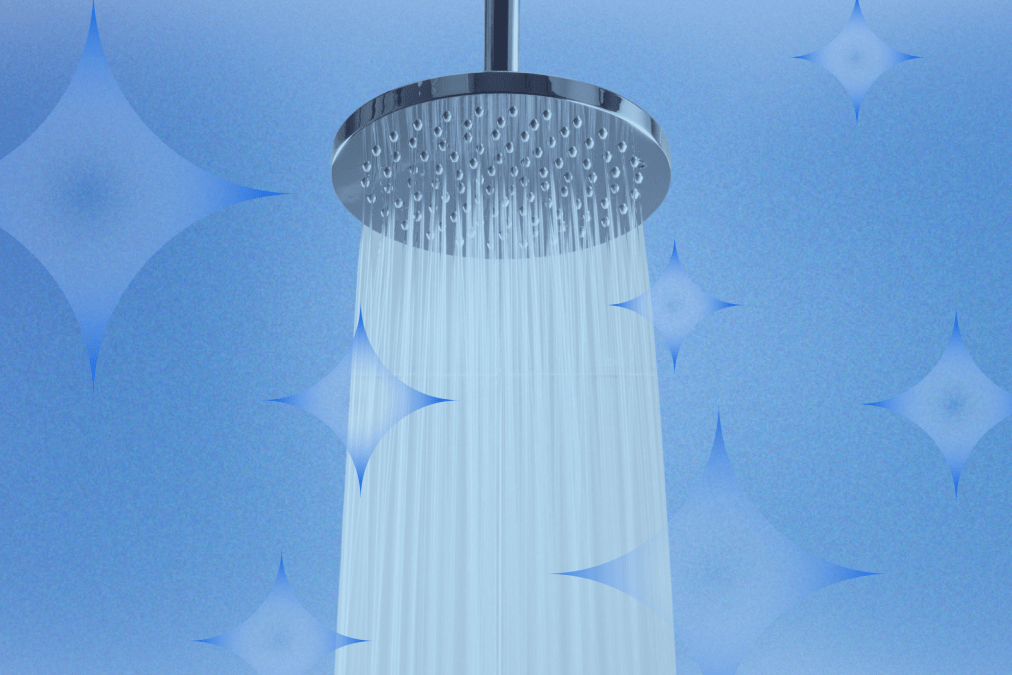UPDATE: Cold showers are rapidly gaining traction as a wellness trend, with influencers and athletes alike praising their potential mental and physical health benefits. Advocates claim that exposure to cold water can enhance focus, boost immunity, and reduce inflammation. However, latest data reveals a mixed bag of outcomes, prompting health experts to weigh in on the true efficacy of this chilly practice.
Cold-water exposure has become a hot topic, with numerous studies exploring its effects on alertness and mood. While some research indicates that cold showers can elevate dopamine and norepinephrine levels, thereby potentially improving mood and focus, other studies suggest those benefits may be minimal or short-lived. “The research is promising, but not definitive,” says Dr. Neha Pathak, an internal medicine and lifestyle medicine physician.
Emerging findings from a 2025 analysis indicate that individuals immersed in cold water for about 12 hours experienced reduced stress levels and improved sleep quality. In a 2015 randomized trial involving over 3,000 participants, those who concluded their warm showers with 30 to 90 seconds of cold water reported a nearly 30% reduction in sick days, although they did not experience fewer illnesses overall.
The physiological response to cold water is significant. “When cold water hits your skin, your body has a cold-shock response,” explains Dr. Jonathan Leary, founder of Remedy Place, a wellness social club. This response includes rapid breathing and increased heart rate, resulting in heightened alertness. Research suggests that this stress response activates immune cells, potentially enhancing the body’s ability to combat infections.
While cold showers may invigorate users, experts emphasize that they should not replace other stress-relief strategies. “Cold exposure can boost your immune response, but it shouldn’t be your only method for managing stress,” adds Dr. Sirisha Vadali, a cardiologist at HonorHealth Women’s Heart Health in Arizona.
It’s crucial to differentiate between cold showers and ice baths. Cold showers offer a more controlled experience, typically ranging from 50°F to 60°F, making them safer for most healthy adults. Conversely, ice baths—often below 50°F (10°C)—can trigger stronger physiological reactions but come with heightened risks, including potential heart rhythm disturbances.
While many healthy individuals can safely enjoy cold showers, those with cardiovascular issues, respiratory problems, or high blood pressure should consult a physician before starting. “Cold showers can pose risks for those with circulatory issues,” warns Dr. Pathak.
For anyone interested in trying cold-water exposure, experts recommend starting gradually. Aim for temperatures around 68-70°F and decrease over time. “Starting with 30 seconds of cool water at the end of your regular shower can be a good introduction,” suggests Dr. Pathak. Gradually extending this time can help your body adapt safely.
As interest in cold showers continues to rise, the conversation surrounding their health benefits remains dynamic and evolving. For those looking to boost their well-being, understanding the potential risks and rewards is essential.
Stay tuned for further developments as more studies emerge to clarify the health impacts of cold-water exposure.
